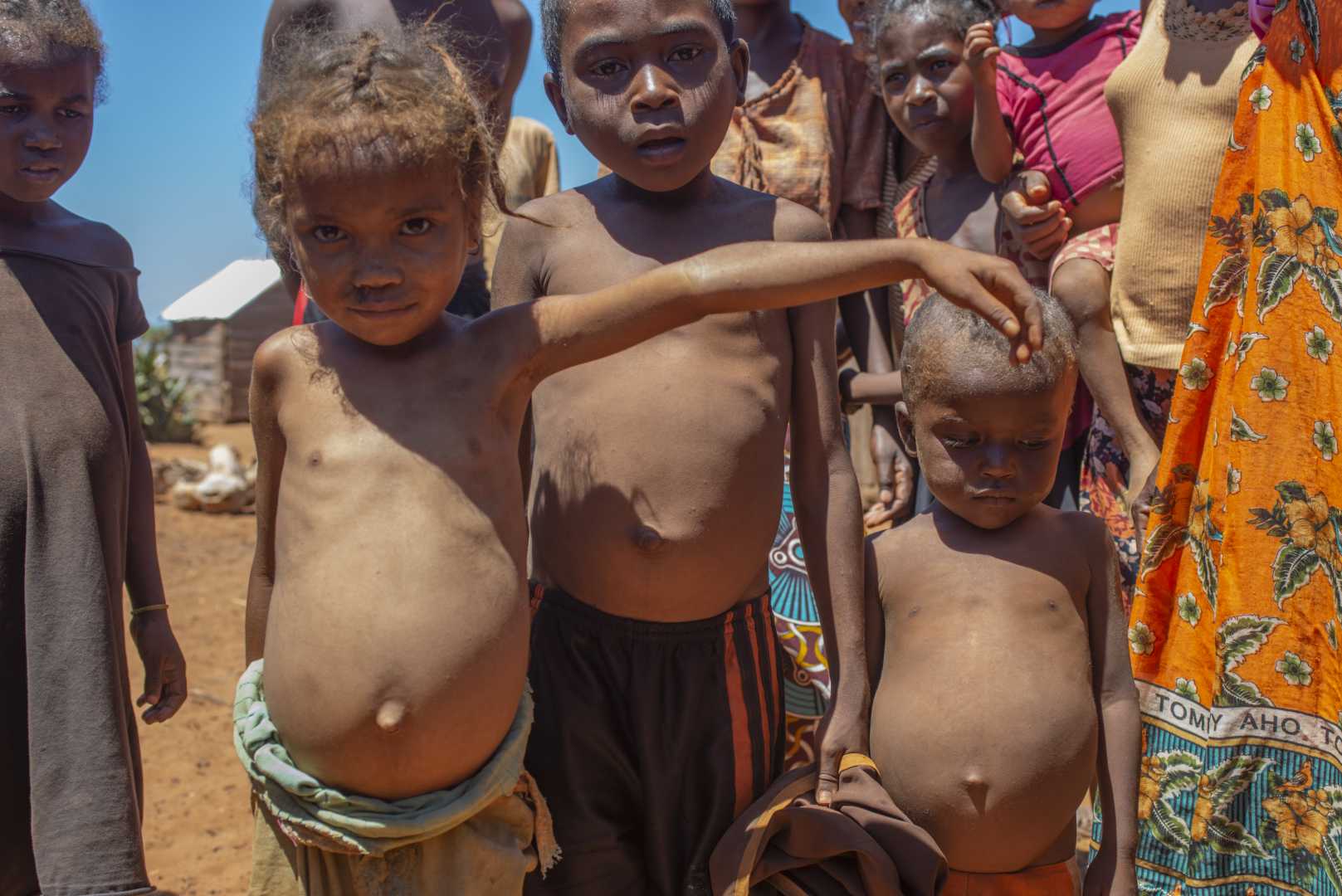World
Amnesty Report: Antandroy Displaced by Drought in Madagascar

Antananarivo, Madagascar – Malagasy authorities have not provided adequate protection or assistance to thousands of Antandroy people displaced by drought-induced famines since 2017, according to a new report from Amnesty International.
The report details how the Antandroy have been forced to travel across the country, often embarking on a strenuous 1,500 km journey to the Boeny region in search of better living conditions. The findings highlight the government’s violation of their rights to freedom of movement, adequate housing, and a reasonable standard of living.
Tigere Chagutah, Amnesty International’s Regional Director for East and Southern Africa, stated, “From insufficiently addressing the impacts of droughts in the south to its lack of protection and support for internally displaced persons, the government has repeatedly failed the Antandroy.” Chagutah urged Madagascar to enhance its response to climate change by adopting comprehensive strategies to handle drought-induced displacements.
The issues at hand are deeply rooted in Madagascar’s history, dating back to the French colonial era, which introduced cochineal parasites that significantly impacted the local ecosystem, increasing vulnerability to droughts. Recent climate change effects have intensified these challenges.
<p“Madagascar’s contribution to global carbon emissions is negligible,” Chagutah added. “Yet, the Antandroy find themselves bearing the brunt of a crisis shaped by high-income historical emitting countries and colonial actions.”
Amnesty International visited six villages of Antandroy IDPs and the main bus station, interviewing 122 internally displaced persons (IDPs) along with officials and scientists. Many of those interviewed described their journeys to Boeny as arduous and filled with hardships.
One woman, Lia, reported being coerced into sexual exchanges with bus drivers for passage. Another man shared his experience negotiating debts with drivers, indicating the desperate measures many are forced to take just to survive. Once in Boeny, many IDPs received no support for essential needs such as access to land.
Boeny Governor Mokthar Andriatomanga asserted, “All available land has already been allocated to the local community,” further compounding the difficulties faced by the Antandroy.
The report also references forced evictions from designated reforestation areas, where many Antandroy built homes and cultivated land. Betro, a 28-year-old woman, recounted a shocking eviction experience that prompted her to give birth in fear. “The state did not do anything,” she said.
Amnesty International calls for compliance from the Madagascar government with international human rights standards concerning evictions, as the launched resettlement site has proven inadequate, lacking basic services and proper shelter.
Recent rains have caused deadly flooding near resettlement areas, with the government’s response failing to acknowledge past responsibilities, including those related to France’s colonial legacy.
As families continue to face displacement, Tigere Chagutah emphasized that the broader responsibility for supporting the Antandroy IDPs rests with regional and international partners, urging for mobilization of resources to aid adaptation efforts.
The plight of the Antandroy serves as a testament to the intersection of climate change and historical injustices, with immediate action needed to prevent further human rights violations.












